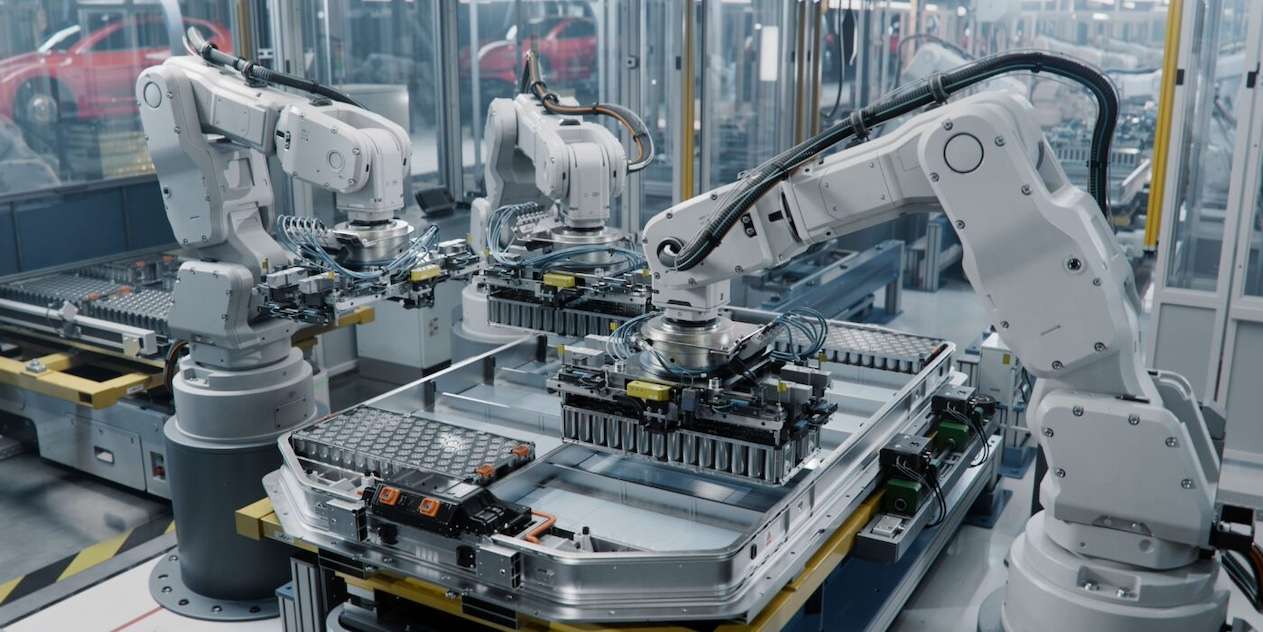Research: Tariffs may not bring global supply chains back
- February 12, 2025
- By Sara Savat
- 1 minute read

Research from WashU Olin helps explain why President Donald Trump’s 2018 tariffs did not accelerate investment in domestic manufacturing and serves as a warning for how the current wave of tariffs may impact U.S. production going forward.
In their 2024 paper, “Flexibility Value of Reshoring Capacity under Policy Uncertainty and Domestic Competition,” Panos Kouvelis, Olin's Emerson Distinguished Professor of Supply Chain, Operations, and Technology and director of the Boeing Center for Supply Chain Innovation, and co-authors Xiao Tan and Sammi Tang, examine how supply chain managers at global companies weigh decisions to reshore manufacturing when faced with costly tariffs.

Traditionally, governments have used tariffs — a tax on imported goods — to encourage domestic production or exert political leverage over another country. However, Trump’s 2018 tariffs, which were largely maintained by the Biden administration, did not accelerate investment in domestic manufacturing and had a negative effect on U.S. manufacturing jobs overall.
Media inquiries
For assistance with media inquiries and to find faculty experts, please contact Washington University Marketing & Communications.
Monday–Friday, 8:30 to 5 p.m.
Sara Savat
Senior News Director, Business and Social Sciences
